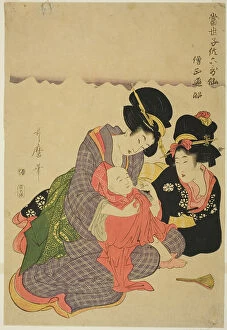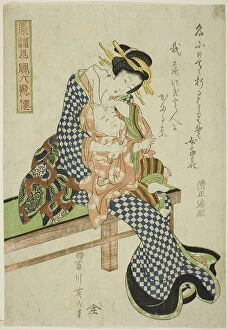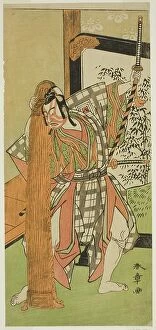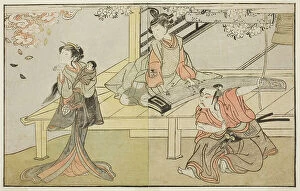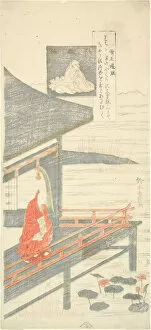Henjo Sojo Collection
Henjo sojo is a traditional Japanese term that refers to the act of welcoming guests with open arms and treating them with utmost respect and hospitality
For sale as Licensed Images
Choose your image, Select your licence and Download the media
Henjo sojo is a traditional Japanese term that refers to the act of welcoming guests with open arms and treating them with utmost respect and hospitality. It embodies the essence of Japanese culture, emphasizing the importance of kindness, generosity, and warmth towards others. In Japan, henjo sojo is deeply ingrained in society as a way to show appreciation for visitors and create a sense of harmony and goodwill. Whether it's inviting someone into your home or greeting strangers on the street, practicing henjo sojo is seen as a reflection of one's character and values. The concept goes beyond just being polite – it's about making people feel valued and cared for. By embodying this principle in our interactions with others, we can foster meaningful connections and build stronger relationships based on mutual respect and understanding. So next time you have guests over or encounter someone new, remember to practice henjo sojo. Show them genuine kindness, offer them your hospitality, and make them feel welcome in your presence. In doing so, you'll not only brighten their day but also enrich your own life through the power of compassion and connection.

